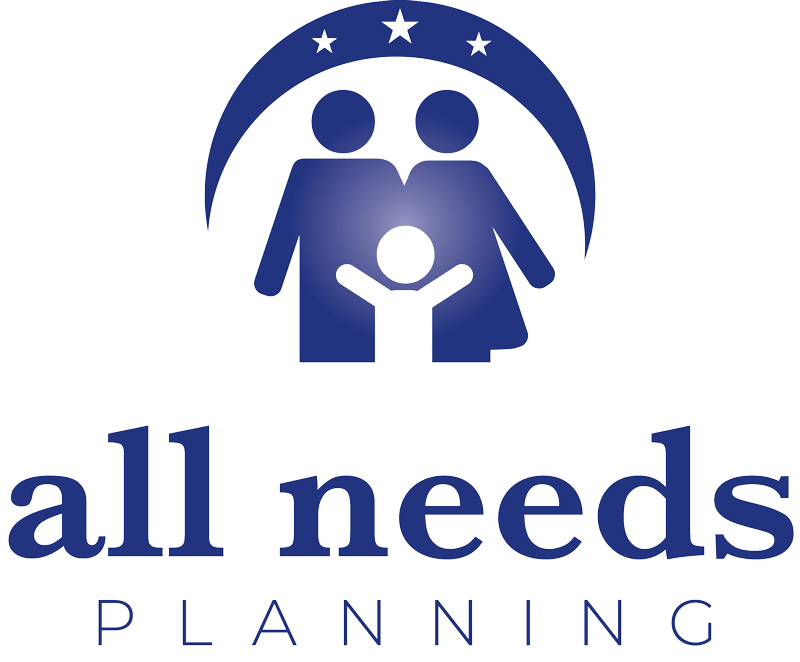Understanding SSDI-DAC Benefits and Medicaid Eligibility
In the past, recipients of Supplemental Security Income (SSI) had to navigate a separate process to apply for the Disabled Adult Child (DAC) benefit under Social Security. While this still holds true in many states, there’s a nationwide shift toward automatically transitioning eligible individuals from SSI to SSDI-DAC. Let’s delve into the details.
1. What Is SSDI-DAC?
- SSDI-DAC stands for Disabled Adult Child benefits. Unlike SSI, which is an entitlement benefit, SSDI-DAC is an insurance benefit partially funded by prior contributions.
- Eligibility: To qualify, an unmarried adult child must have a disability that began between ages 18 and 22 and continues beyond age 22. Importantly, the benefit is based on the parent’s earnings record, not the disabled adult child’s own work history.
2. Income Considerations:
- Recent inflation increases have impacted overall payments, potentially pushing SSDI-DAC benefits above the monthly income limit required for Medicaid eligibility.
- Medicaid’s income limit varies by locality and is generally calculated at 300% of the poverty level.
3. Navigating Protections:
- The Social Security Act shields those who switch from SSI to SSDI-DAC from losing Medicaid benefits.
- However, additional income sources (even as little as $10 from employment or another small pension) combined with SSDI-DAC benefits can erode this protection.
- Uneven application and lack of awareness contribute to challenges faced by beneficiaries.
- Some individuals have been forced to quit vital jobs due to these complexities.
- Parents worry that their child might lose essential Medicaid waiver services upon their passing.
Our Advocacy Efforts
1. Virginia’s Revenue-Neutral Approach:
- Kristin worked in tandem with the Autism Society of Central Virginia and many other constituents to advocate for clarity in the state. Due to their advocacy, the Virginia legislature passed a bill instructing the Department of Medical Assistance Services (DMAS) to exclude SSDI-DAC income when calculating Medicaid waiver eligibility.
- Revenue Impact Assessment: To ensure revenue neutrality, the bill enacts a two-year period during which DMAS will disregard SSDI-DAC income for eligibility purposes. DMAS will then evaluate the revenue impact during the next general session.
- This approach aims to maintain Medicaid coverage while addressing financial concerns. Advocates are poised and ready to continue advocating to make sure this bill becomes permanent.
2. Federal Advocacy and the Path Forward:
- Beyond Virginia, Kristin is taking her advocacy efforts to Capitol Hill in Washington, DC. Meeting with federal legislators, she aims to discuss the same issue.
- Federal Legislation: While states have grappled with this issue, a federal bill could provide consistent guidelines. The Center for Medicare and Medicaid Services (CMS) has allowed states to selectively disregard certain income types while maintaining federal funding.
- Impact on Families: A federal law would alleviate concerns for families of individuals with developmental disabilities. It ensures that work history or a parent’s passing won’t jeopardize essential home and community-based services.
- Empowering Employment: By removing barriers, such legislation encourages employment within the community.
3. Ongoing Advocacy:
- Our passion for advocating for the community continues. Advocating for disability-related issues, income equality, and employment opportunities, we are looking to build a better future for all.

